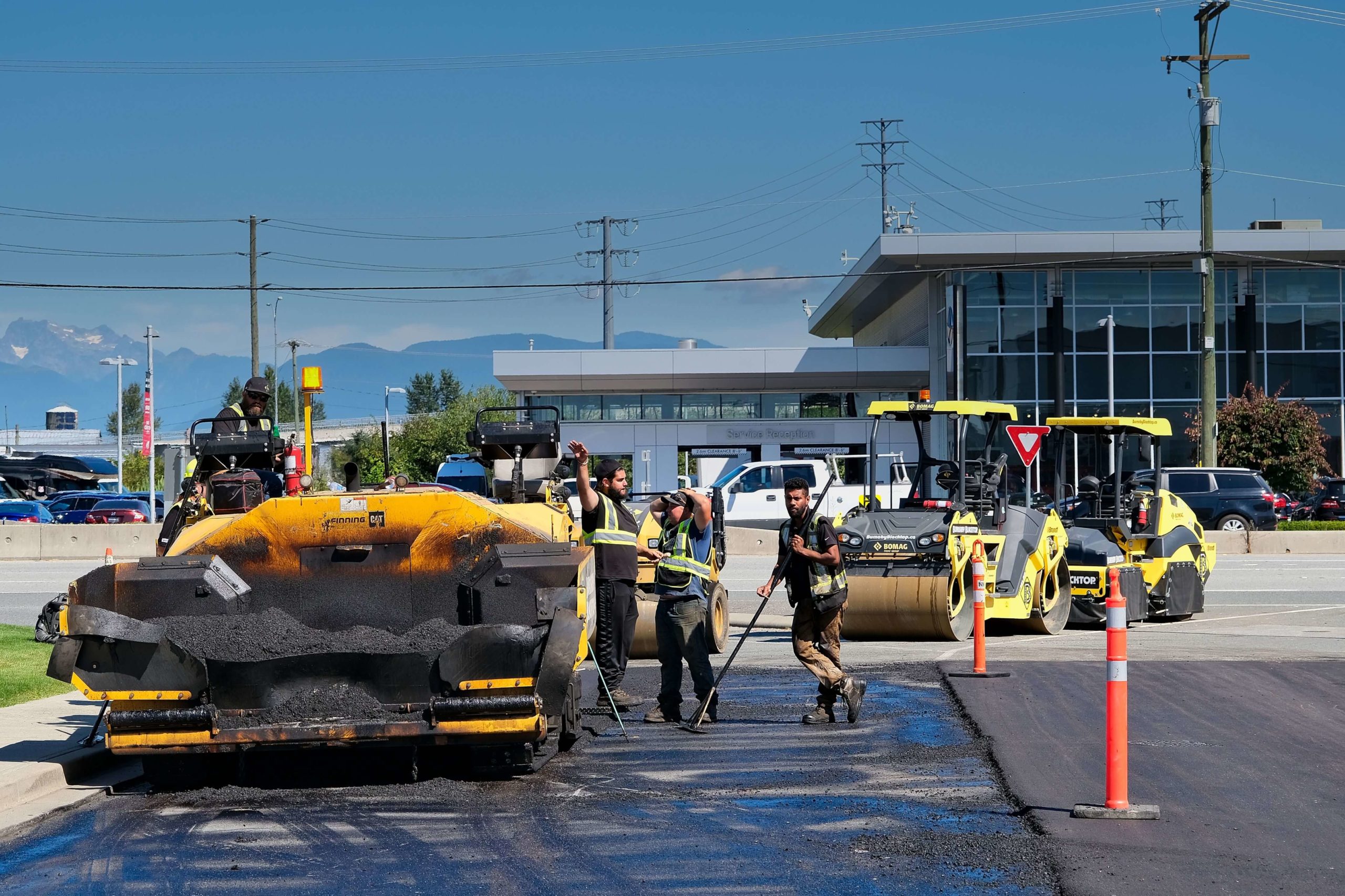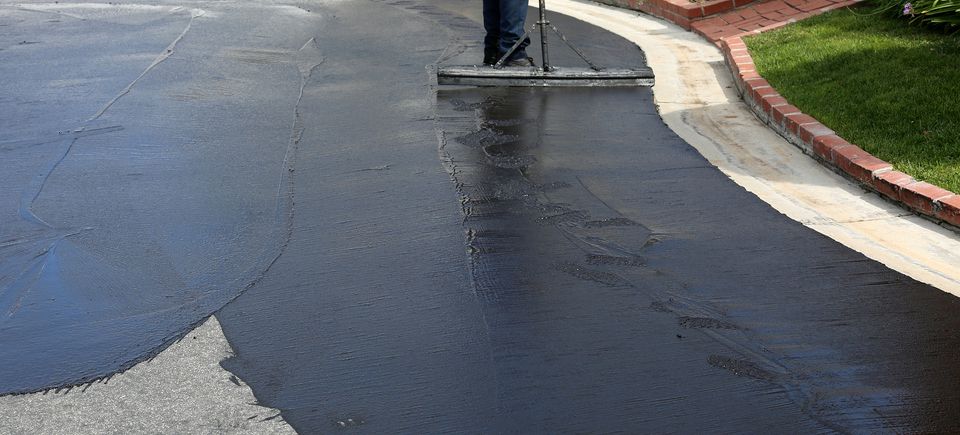Reliable Asphalt Repair: Cold Mix Sealing Techniques Introduced
Reliable Asphalt Repair: Cold Mix Sealing Techniques Introduced
Blog Article
Cold Mix Asphalt Vs. Hot Mix Asphalt: Which Is Right for You?

Structure Distinctions
Cold mix and hot mix asphalts differ significantly in their structure, with distinct attributes that impact their efficiency and applications. Cold mix asphalt is created by emulsifying the asphalt binder with water and an emulsifying representative prior to mixing it with aggregate. This method enables the asphalt to be convenient at reduced temperature levels, making it ideal for temporary repair work and for usage in chillier climate condition. Warm mix asphalt, on the other hand, is produced at high temperature levels, commonly between 300-350 ° F, which helps to accomplish far better compaction and a much more resilient last product. The warm mix asphalt production procedure involves heating the aggregate and asphalt binder independently prior to combining them at the asphalt plant.
Moreover, chilly mix asphalt has a tendency to be much less dense and much more flexible than hot mix asphalt. This versatility makes it much better matched for locations with greater levels of motion, such as driveways or roads with heavy traffic. In comparison, hot mix asphalt is known for its high resilience and resistance to rutting and splitting, making it a favored choice for highways and high-traffic roadways where long life is crucial.
Setup Process Variances
The process of setting up cool mix and warm mix asphalt displays remarkable variances in their procedures and needs. In contrast, warm mix asphalt demands a more sophisticated installment procedure. Due to the heating requirements, hot mix asphalt installments are typically brought out by experts with customized tools, ensuring a much more long-term and structurally audio outcome.
Resilience and Durability Elements
When considering asphalt alternatives, toughness and longevity are crucial variables to examine for long lasting sidewalk performance. Warm mix asphalt (HMA) is recognized for its extraordinary resilience and long life.
In terms of longevity, HMA normally exceeds CMA due to its remarkable strength and resistance residential properties. HMA pavements have a longer life span, needing much less regular repairs and maintenance, which can convert to cost financial savings in the future. In addition, HMA pavements are extra quickly personalized to satisfy details project needs, even more boosting their resilience.
Price Considerations
Taking into consideration the economic effects is a critical facet when reviewing the selection in between warm mix asphalt (HMA) and chilly mix asphalt (CMA) for pavement projects. While the initial cost of warm mix asphalt is commonly greater than that of chilly mix asphalt, HMA typically supplies a much more affordable solution in the lengthy run due to its premium longevity and long life.
In enhancement to material prices, it's vital to take into consideration the costs linked with setup and look at this now upkeep when comparing HMA and CMA. Eventually, the choice between HMA and CMA need to take into account not just the first cost however additionally the long-term monetary effects to identify the most cost-efficient option for the certain sidewalk task.
Environmental Impact Contrast
Contrast of the ecological effects between hot mix asphalt (HMA) and chilly mix asphalt (CMA) reveals distinct differences in sustainability practices. HMA production calls for high temperature levels, leading to raised power intake and greenhouse gas discharges.
Additionally, the use of CMA often entails recycling existing asphalt sidewalk, advertising resource preservation and decreasing the quantity of waste sent to landfills. By choosing for CMA over HMA, road building and construction jobs can add positively to ecological conservation initiatives.
Final Thought
In verdict, the option in between cold mix asphalt (CMA) and hot mix asphalt (HMA) relies on various aspects such official website as make-up, installation process, durability, longevity, expense, and ecological impact. angle parking. While CMA supplies a cost-efficient and quick service for small fixings, HMA ensures exceptional toughness and long life for heavy traffic areas. Think about these variables carefully to determine which kind of asphalt is the best option for your paving requires

Thinking about the economic implications is a critical aspect when reviewing the choice between warm mix official statement asphalt (HMA) and cold mix asphalt (CMA) for sidewalk projects. While the initial cost of hot mix asphalt is typically higher than that of cool mix asphalt, HMA frequently supplies an extra cost-effective option in the lengthy run due to its superior longevity and longevity. asphalt patch repair.Contrast of the ecological impacts between hot mix asphalt (HMA) and chilly mix asphalt (CMA) discloses distinctive differences in sustainability practices.In final thought, the option in between cool mix asphalt (CMA) and warm mix asphalt (HMA) depends on numerous factors such as composition, setup process, toughness, long life, price, and ecological influence
Report this page